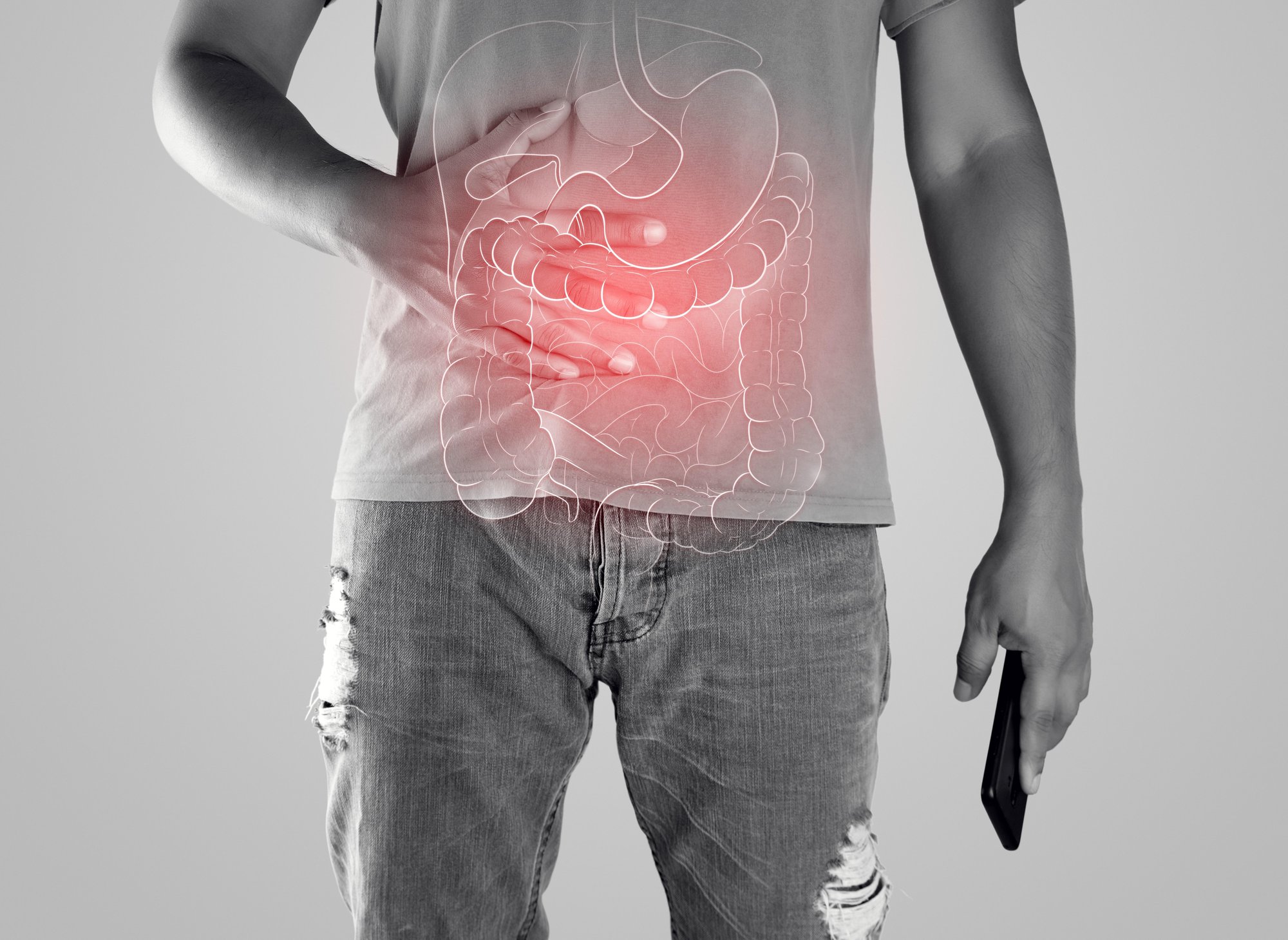IBD Outcomes Improved With Financial Assistance Program

FRIDAY, Dec. 9, 2022 (HealthDay News) -- A financial assistance program (FAP) improves outcomes for indigent patients with inflammatory bowel disease (IBD), according to a study recently published in Pathophysiology.
Phillip Gu, M.D., from the University of Texas Southwestern Medical Center in Dallas, and colleagues examined whether an FAP to improve health care access affected outcomes and health care utilization among 204 indigent adult patients with IBD requiring biologics. Patients were divided by FAP status; those without FAP had Medicare, Medicaid, or commercial insurance. Steroid-free clinical remission at six and 12 months was the primary outcome, while surgery, hospitalization, and emergency department utilization were the secondary outcomes.
The researchers found that fewer FAP patients had complex Crohn disease (50.7 versus 70 percent) and FAP patients had fewer prior surgeries (19.6 versus 38.4 percent) compared with non-FAP patients. Remission rates, disease duration, and days between prescription and receipt of biologics were similar between the groups. After adjusting for baseline demographics and disease severity variables, the investigators found that FAP patients were less likely to undergo surgery (odds ratio, 0.28).
"There are gaps in care for patients with IBD," a coauthor said in a statement. "Our project pointed out that providing biologic therapy for IBD patients through a financial assistance program would have superior outcomes compared to patients with delays in receiving treatment."
One author disclosed financial ties to the pharmaceutical industry.
Related Posts
Aumentan unos defectos congénitos del pene. ¿Las toxinas ambientales tienen la culpa?
VIERNES, 20 de enero de 2023 (HealthDay News) -- Los médicos están observando un...
Erectile Troubles in Middle Age a Bad Sign for Men’s Brains
FRIDAY, June 2, 2023 (HealthDay News) -- Erectile dysfunction (ED) has been tied...
Rates of Sexual Dysfunction High in Patients With Schizophrenia
FRIDAY, Sept. 15, 2023 (HealthDay News) -- There is a high prevalence of sexual...
CVS, Walgreens Lift Limits on Purchases of Rapid COVID-19 Tests
MONDAY, Feb. 7, 2022 (HealthDay News) -- There will no longer be a limit on how...
